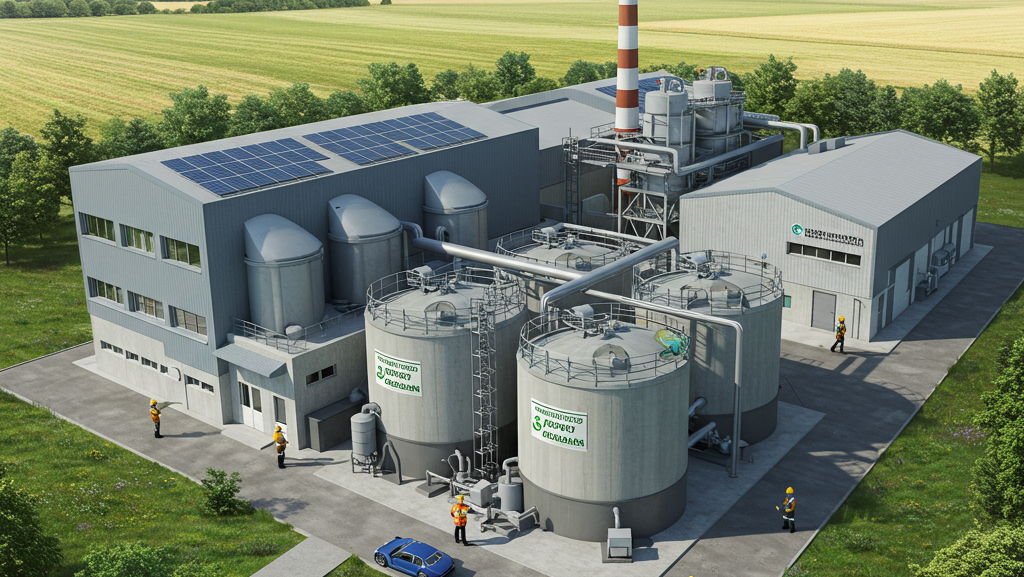Introduction to Sustainable Cotton Farming
The cotton industry is not only significant for its economic contributions but also for its environmental impact. In recent years, the adoption of sustainable practices in cotton farming has gained traction among farmers and consumers alike. These practices emphasize the importance of ecological integrity and social equity in cotton production.
Benefits of Sustainable Practices
Sustainable cotton farming focuses on minimizing the environmental footprint of cotton crops. Techniques such as crop rotation, organic fertilization, and integrated pest management not only enhance soil health but also reduce water usage and chemical dependency. By adopting these approaches, farmers can cultivate high-quality cotton while preserving biodiversity and promoting ecological resilience.
Challenges and Solutions in Implementation
While the shift towards sustainable practices offers numerous advantages, challenges remain. Farmers may face initial costs and knowledge barriers when transitioning from conventional to sustainable methods. However, support from governmental and non-governmental organizations, as well as access to training and resources, can significantly facilitate this transition. By working together, the cotton industry can make strides toward a more sustainable future.





